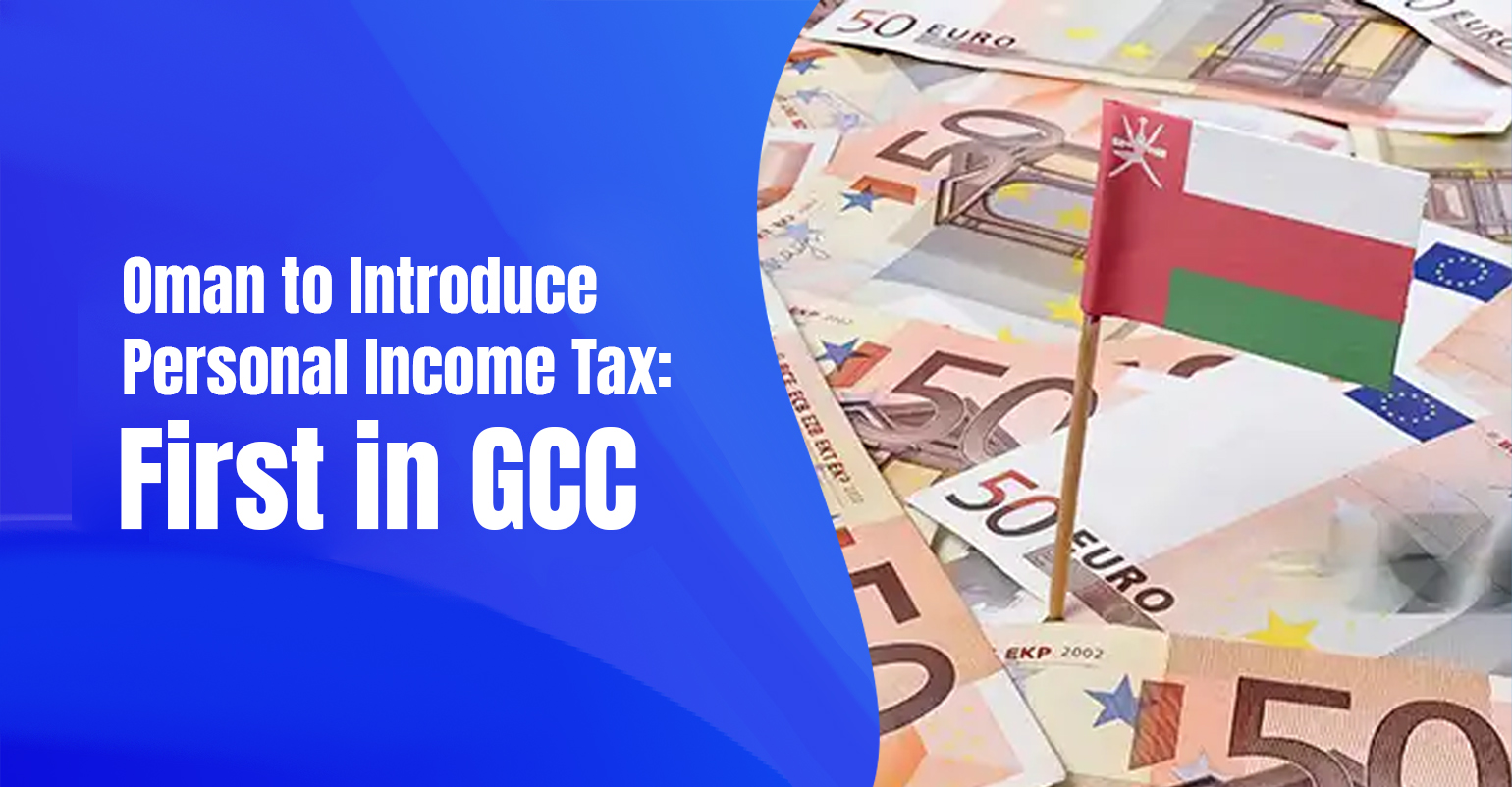Oman is set to make history as the first Gulf Cooperation Council (GCC) nation to implement a personal income tax as part of its efforts to diversify its economy and reduce reliance on oil revenues. This groundbreaking move is expected to take effect after 2026 and will primarily target high-income earners.
A Bold Step Towards Economic Diversification
Historically, GCC countries have relied heavily on hydrocarbon revenues to fuel their economies. However, economic shifts and global energy transitions have underscored the need for diversification. Oman has been at the forefront of such efforts, as outlined in its Vision 2040 strategy, which emphasizes sustainable growth, economic reform, and reduced dependence on oil. The proposed personal income tax is seen as a vital step in achieving these goals, potentially generating significant revenue for the Omani government to reinvest in infrastructure, healthcare, education, and technology.Details of the Proposed Tax System
While the specific details are still under legislative review, the proposed system outlines:- 1. Foreign Nationals: A tax rate between 5% and 9% on annual income exceeding $100,000.
- 2. Omani Citizens: A flat 5% tax on global income surpassing $1 million.
Legislative Progress
In July, Oman’s lower parliamentary house, Majlis al-Shura, approved the draft law on income tax. The bill is now awaiting final approval from the State Council, the upper house of parliament. This marks the final legislative step before the law’s implementation. Once enacted, Oman will join the ranks of countries worldwide that tax personal income, distinguishing itself within the GCC region, where personal income taxes are largely absent.Impact on Residents and Expats
The Committee of Sponsoring Organizations of the Treadway Commission (COSO) framework outlines several components crucial to establishing a solid internal control system: Currently, Oman does not impose any personal income tax on citizens or expatriate residents. However, the introduction of income tax could have various implications:- ● For Expats: High-earning expatriates earning above the $100,000 threshold will experience modest deductions in take-home pay. However, the proposed rates (5–9%) remain significantly lower than global averages.
- ● For Omanis: Only those with substantial global income exceeding $1 million will be affected, minimizing the tax burden on the average citizen.

